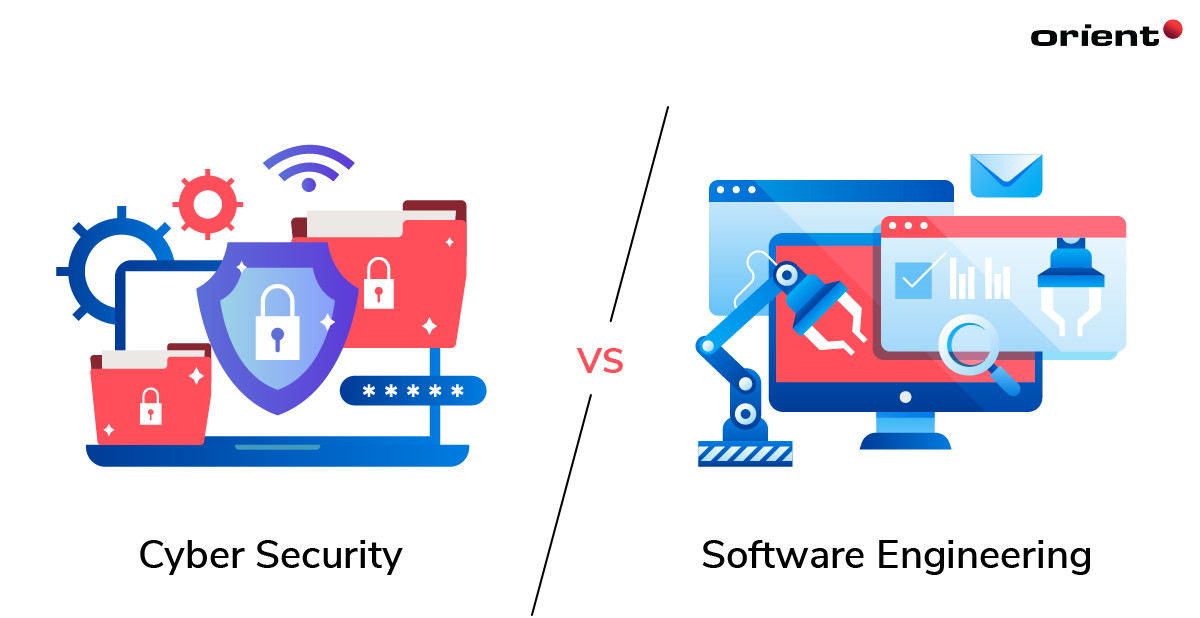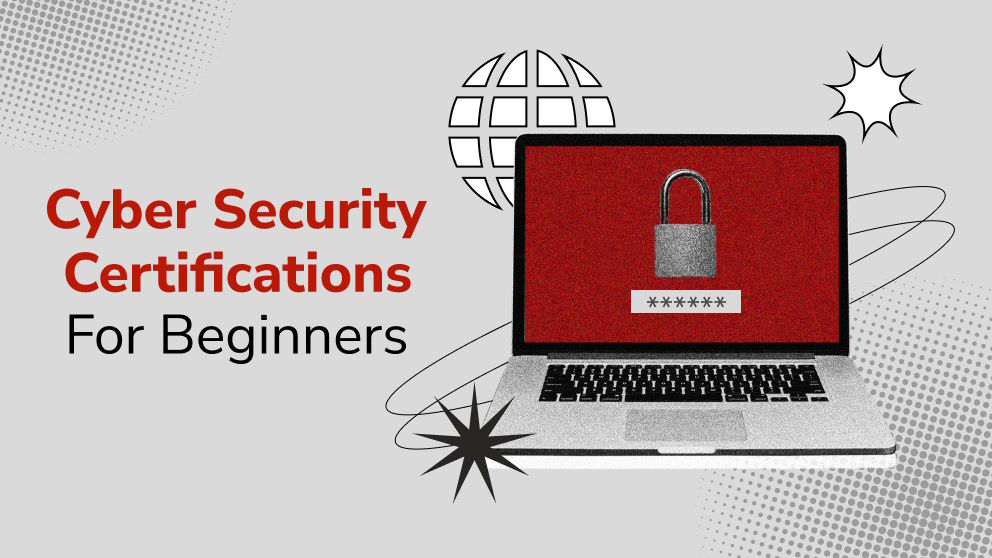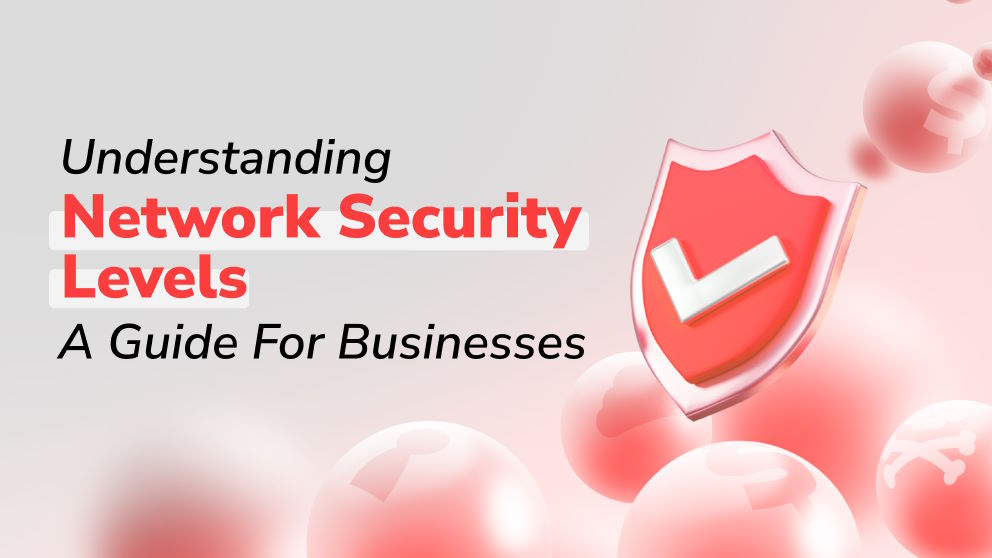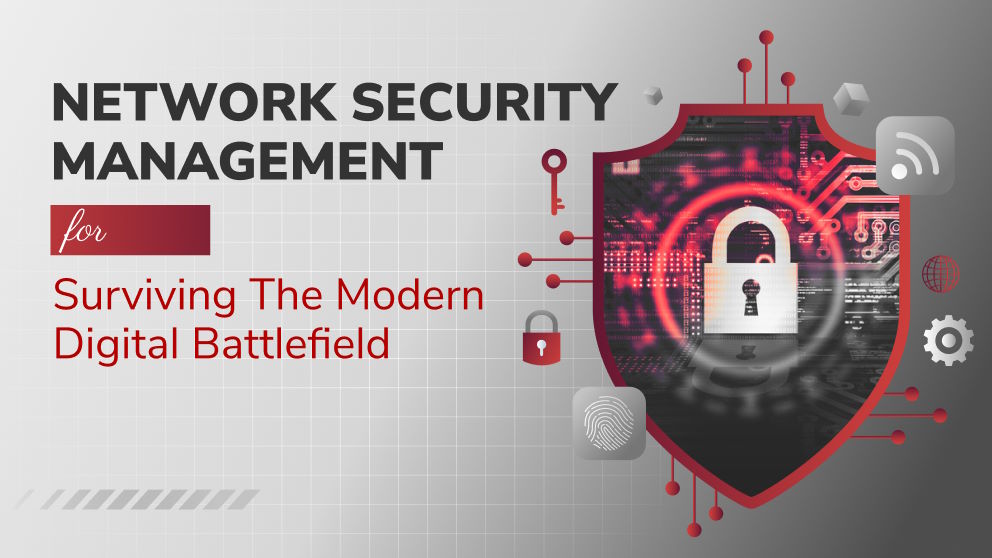
What is the Difference Between Cyber Security vs Software Engineering?

Content Map
More chaptersIn software development, there are many moving parts that contribute to the success of a project. These range from business analysts and product owners to project managers and software developers. Together, they transform digital dreams into tangible products.
With that said, it is common for the skills and qualifications of some roles to overlap. The two best examples of this are cyber security vs software engineering. How do these two roles differ? How are they similar? And what do they contribute to the software development process? Read on to find out.
What is Cyber Security?
Cyber security is the practice of implementing security measures into software applications, networking systems, devices, and cloud infrastructure. The purpose of cybersecurity is to protect systems and devices from digital threats, internal and external, such as malware, ransomware, phishing and social engineering scams, Distributed Denial-of-Service (DDoS) attacks, and Advanced Persistent Threats (APTs). A network security engineer identifies and addresses security gaps in network systems.
In software development, cyber security analysts identify cyber security weaknesses in a software program. Then, with that feedback, cyber security engineers build defensive measures like firewalls and Intrusion Prevention Systems (IPS) into the software program. From there, the Quality Assurance (QA) and testing team will make sure that these defensive measures work properly.
What is Software Engineering?
Software engineering is a field of computer science. It involves the use of computer science principles and programming languages to design, develop, test, deploy, and maintain software programs. Software engineers perform a wide range of tasks, such as gathering user and technical requirements, write code, use test tools to detect bugs and errors, and push out updates and patches.
Software engineers may build software that people use on desktop workstations, laptops, tablets, and mobile devices. Or they may build custom software solutions for devices, networks, operating systems, and video games. Software engineers may specialize in back-end development (working on server-side software systems, the parts users can’t see) or front-end development (working on client-side software systems, everything the user interacts with) or a combination of both known as full-stack development.
What is the Difference Between Cyber Security and Software Engineering?
| Cyber Security | Software Engineering |
|---|---|
| - A security software developer creates cyber security strategies and procedures. - Protects software applications, devices, networks, and cloud systems from internal and external threats. - May be in charge of security software development for post-launch updates. | - An umbrella term that covers a wide range of roles in software development. - These include software developers, software testers, and DevOps. - Software developers write code in different programming languages to design programs, while testers create and run tests to identify bugs and errors. - Software engineers do consider cyber security in the development process, but it is not their only focus. |
Are There Any Similarities Between Cyber Security and Software Engineering?
According to Harvard Extension School, both cyber security and software engineering experts have similar skills and qualifications and career paths.
For starters, both require a Bachelor’s Degree or higher in Computer Science, Information Technology, or a related field. Secondly, they both must have knowledge in many computer programming languages, such as PHP, Python, Java, and Ruby. Being able to understand code benefits both roles, as it means they can understand each other and work together to solve complex problems.
Also, they must be able to collaborate and work together as part of a team to brainstorm, share ideas, and work towards mutual outcomes. Most importantly, both roles rely on creative thinking and complex problem-solving skills, in order to identify weaknesses and areas of growth and opportunity. For these reasons, there is potential for overlap in these two roles.
How Does Having Cyber Security and Software Engineering Experts Benefit Your Project?
Benefits of Software Engineers
Computer systems cannot be built without software engineers. Software developers, using one or more programming languages, write the necessary code for the software to function, while software testers create tests that can be run to identify bugs, errors, and flaws.
Furthermore, DevOps are responsible for building the environments in which software developers use to write code and build their software, allowing for continuous integration and deployment.
Benefits of Cyber Security Experts
Likewise, computer systems cannot function without robust and scalable security. Using their extensive knowledge of the cyber security field, security software developers identify critical and low-risk vulnerabilities in a software application.
From there, security engineers design, build, and test the various security tools needed to safeguard the software components, such as firewalls and Intrusion Prevention Systems. Finally, testers measure the effectiveness of these cyber security measures, identifying shortcomings and recommending improvements.
Making Cyber Security and Software Engineering a Priority
Software development is a complex process. It requires the collaboration of multiple roles, each with their own skills, talents, and experiences, in order to fully understand the client’s vision and deliver on time and within budget. For these reasons, understanding the significance of each role is vital to choosing the right team, for the right project.
When approaching Dedicated Software Teams, ask about their roles. A reputable software development company will curate a team, with hand-picked roles to meet the unique requirements of a project. So for a mobile application project, the team may be a UI/UX designer, Android or iOS developer, a front- and back-end developer, and product manager.
Furthermore, review their case studies, and gain a deeper understanding of their approach to cyber security and software engineering, which may help you decide if they can deliver similar results for your business.






